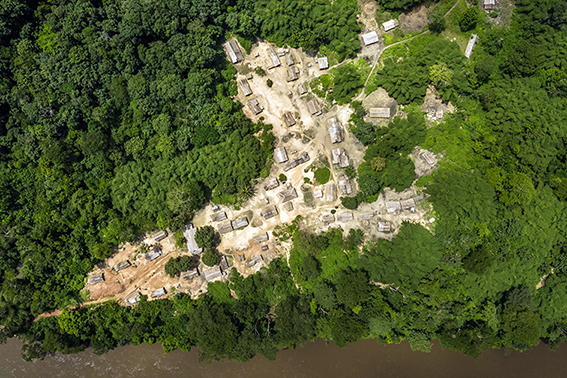
Published 2022-02-23
Keywords
- sociology,
- sustainability,
- culture,
- community,
- nature
How to Cite
Abstract
Nature is an essential part of human life, humans in turn depend on nature and must interact with it competently in order to survive. At the same time, humans do not completely blend with nature, but are strangers to it: a tension that has always been present in humans-nature relationship. Such opposition must be interpreted considering man not as a single individual, but as a community and a fundamental element in assessing the risk of alteration of natural balance and exo-somatic development. Due to reciprocal effects and complex feedback mechanisms, mankind’s interaction with nature requires qualitative rather than quantitative evaluation: the slightest human interference generates environmental impact and the ecological imbalance, increasingly a source of social instability, leads to a retrograde change in the human range with unexpected consequences. Therefore, a sustainable development requires an ecosystem approach able to reconsider world economies as ecological projects, integrating biophysical and social/cultural variables: sociology can’t focus on anthropogenic environmental crisis without a consideration of what the environment is, how it works or the perverse consequences in human use of the environment itself. Finally, the traditional focus on modernity and the West can’t be adequate to the global environmental question: specific and limited as it is, it considers ecological crisis as a function of localized factors rather than as a result of long term and large scale processes.

